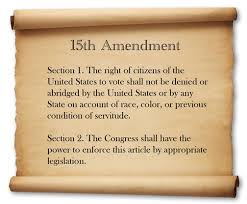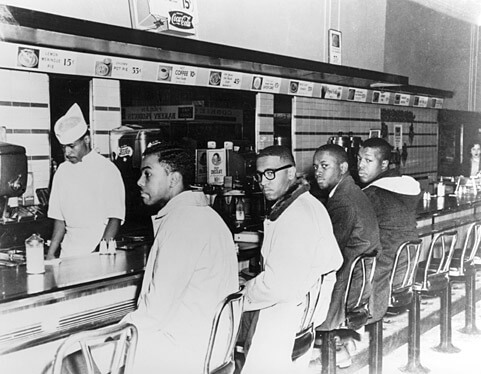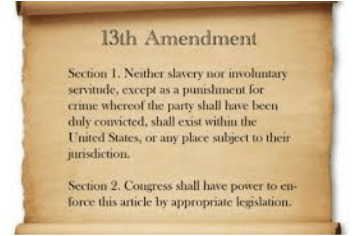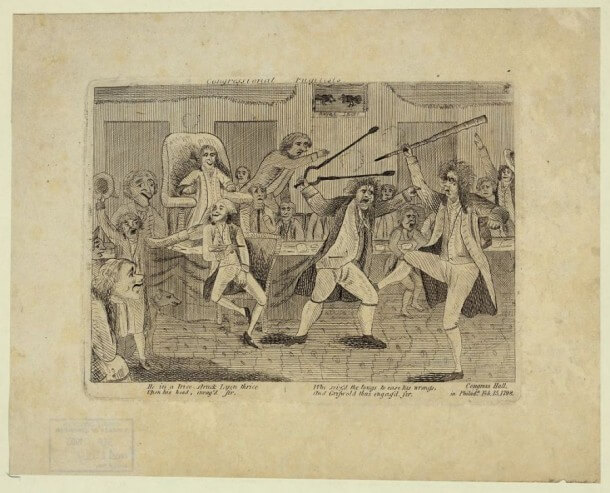IntroductionToo often, grandparents become de facto parents to their grandchildren when the biological parents of the children become incapable of responsible parenting due to opioid drug abuse or any drug abuse. This article will be focusing on two points:
(1) Understanding the epidemic that has become opioid addiction and abuse in America, and what signs to look for should you suspect a loved one of such an addiction and
(2) What you will need to do legally as grandparents to protect your rights to continue to have your grandchildren in your lives, should the children’s parents become addicted to opiates or any drug.
Part one of this two-part article will discuss the epidemic of opioid addiction and the signs that may be exhibited by someone who is abusing or addicted. Part two of this essay will discuss what you must do should a parent start abusing or become addicted.Opiate Addiction In America A Public Health EmergencyIt is no secret that opiates have become the drug of choice for a huge segment of the American population, especially among young adults. In December of 2017, the National Center for Health Statistics conducted a study, and concluded that in 2016: opioid overdoses resulted in 42,249 deaths or an average of 116 deaths every day, that 2.1 million people had an opioid use disorder, that 11.5 million people misused opioid prescriptions
(this is a conservative number as some sources cite anywhere from 26 million to 36 million believed to be abusing opioids), that 948,000 people used heroin, that 170,000 people used heroin for the first time, and that the cost to tax payers was 504 billion dollars. Sadder than the above statistics are the pharmaceutical companies that manufacture and benefit financially from this epidemic that they knowingly and willfully created.
In the late 1990s, pharmaceutical companies had specific knowledge that the opiates they were manufacturing and selling were highly addictive, however; they reassured the medical community that patients would not become addicted to opioid pain relievers. As a consequence, healthcare providers began to prescribe them at greater rate thereby increasing demand. The increased prescription of such medications led to widespread misuse of both prescription and non-prescription opioids before it become clear that these medications were extremely addictive and unsafe contrary to what pharmaceutical companies had claimed. The high number of deaths, persons addicted, and the cost to the taxpayers finally led the U.S. Department of Health and Human Services in 2017 to declare a public health emergency and announce a 5-point strategy to combat the opioid addiction crisis.
An opiate is a chemical derived for opium. Opium is naturally occurring in the opium poppy plant and is a key ingredient in heroin. “Medicines” such as; codeine, vicodin, oxycodone, hydrocodone, and so on, are “opiate-like” because they mimic the effects of opium but are man-made and commonly referred to as “opioids”. Opioids work by attaching themselves to any of the millions of opiate receptors located in the brain and throughout the body. Opioids signal the brain to produce massive amounts of dopamine. Dopamine is a neurotransmitter present in regions of the brain that regulate movement, emotion, cognition, motivation, and feelings of pleasure. Specifically, opioids act on the limbic system, which controls emotions and is responsible for the release of chemicals such as dopamine which produces feelings of happiness and pleasure. Opioids also act the brainstem controlling things your body does automatically like breathing and coughing, and on the spinal cord which receives messages from the body before sending them to the brain, such as feelings of pain or discomfort. By overstimulating the brain and its associated systems, opioids produce a euphoric high in users.
The signs of opioid abuse and addiction will vary. Immediate signs of use while someone is under the influence can include some of the following exhibited behaviors or symptoms:
(1) Being Noticeably Euphoric or Happy
(2) Being Overly Energetic, Such That, the Person Cannot Sit Still
(3) Pupils That Are Constricted
(
4) Drastic Mood Swings, Sometimes Described As “High-Highs” & “Low-Lows”
(5) Users May Become Itchy
(6) Once the Sense of Euphoria Subsides the Person May Seem Sedated or Very Tired
(7) Confusion
(8) Forgetfulness
(9) Nodding Off at Random Times or Loss of Consciousness
(10) A Slower Breathing Rate
If You Have Questions Please Feel Free To Contact Our Office.Ryan K McFarland • attorneymcfarland@gmail.com•1 (931) 919-4376












